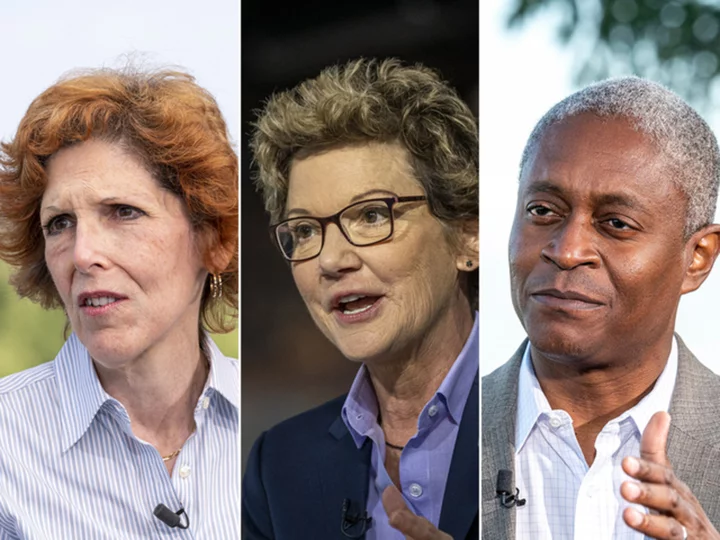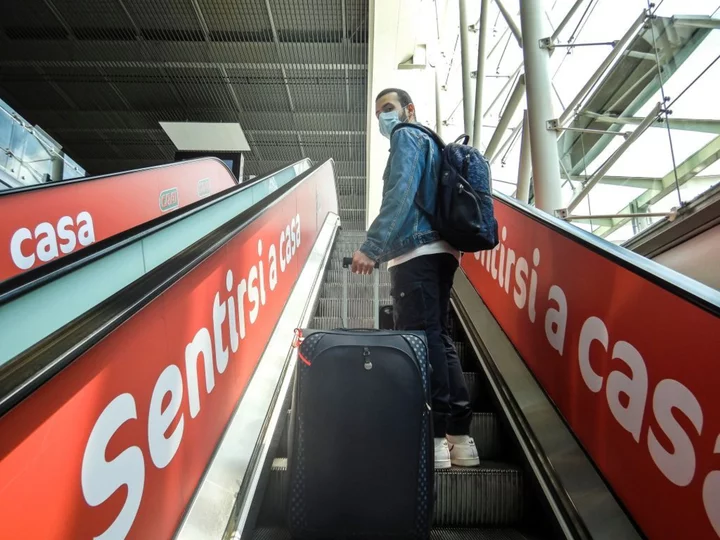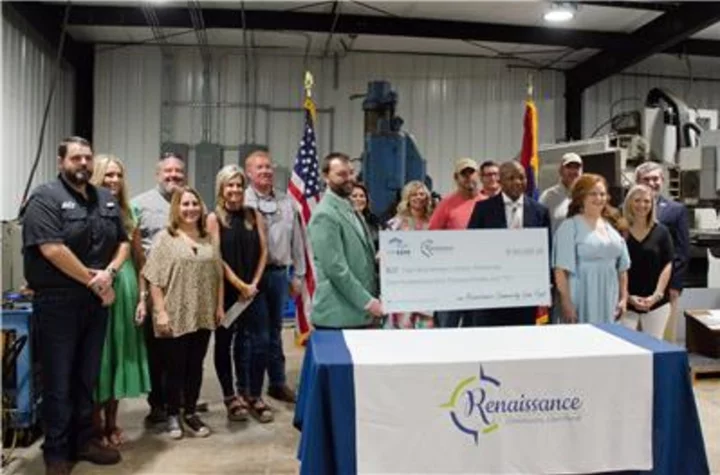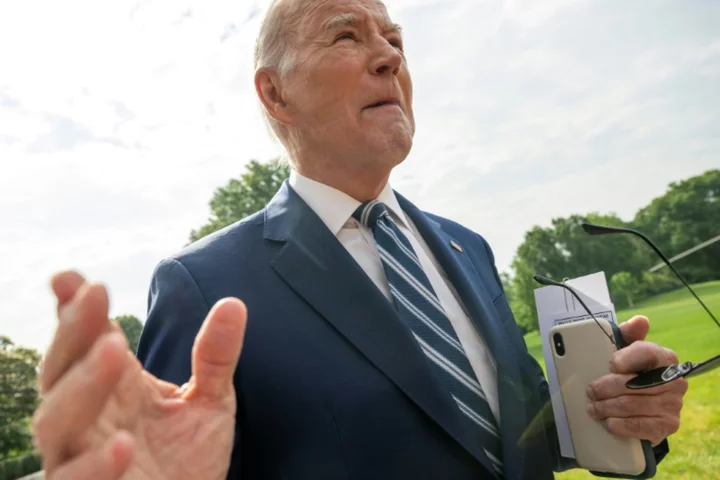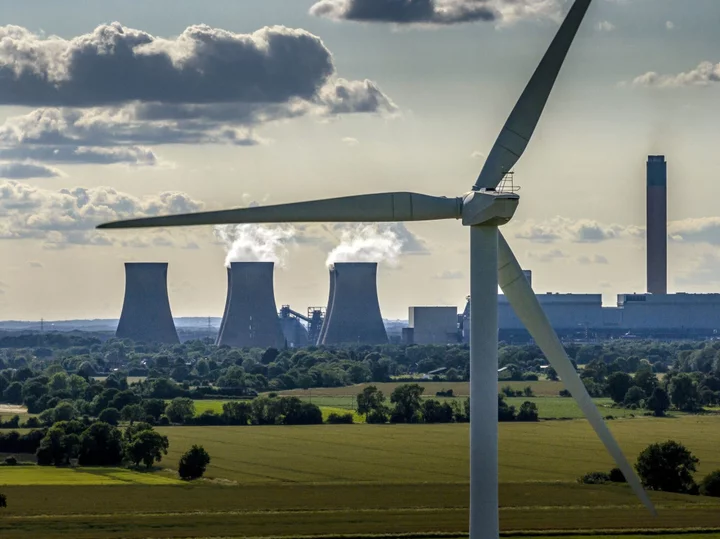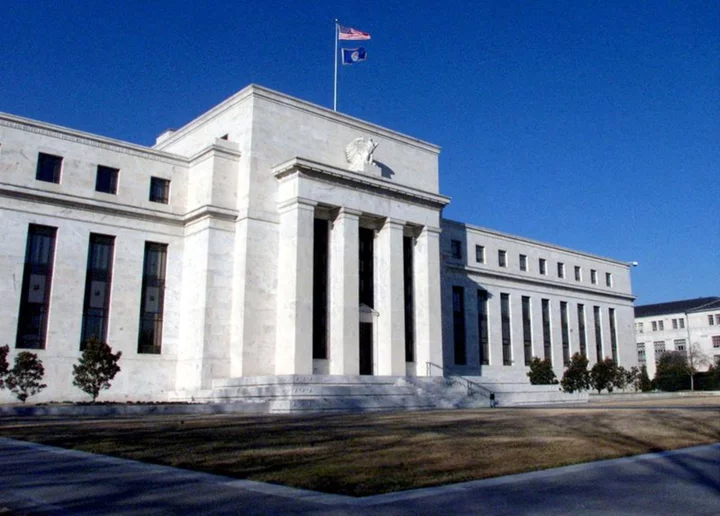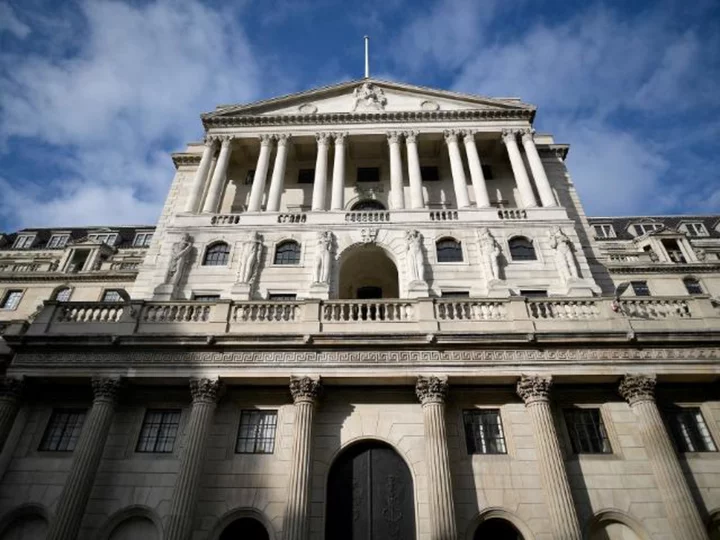Silicon Valley Bank failed because regulators were far too slow to take action, San Francisco Federal Reserve Bank President Mary Daly said Monday in her first extended remarks about the collapse.
SVB operated in Daly's district before the regional bank's stunningly rapid failure in March, but she noted she doesn't have a supervising role. Instead, she said, other officials waited too long into take decisive regulatory action.
"There's a slowness between when things are spotted and when enforcement actions or other things are taken," Daly said Monday during a moderated discussion hosted by the Brookings Institution in Washington, DC. "We can raise this — and by 'we' I mean the system, not me because again, I don't play an active role in supervision — but raise issues and have deliberations and see."
That slowness was identified as a significant issue in the postmortem report of the failures of SVB, Signature Bank and later First Republic Bank, released in the spring by Michael Barr, the Fed's vice chair for supervision.
But for months, some politicians have tried to identify the specific person or group to blame for the failures, most notably Democratic Sen. Elizabeth Warren.
"Supervision is a system-wide activity" with the Fed's vice chair of supervision at the helm for policymaking and execution, Daly said, similar to the response Fed Chair Jerome Powell gave last month when Warren asked him the same question.
Daly said the supervisors at the San Francisco Fed simply report issues to the Fed's Board of Governors, which is ultimately responsible for fixing any regulatory issues.
"My job is to support the supervision that the vice chair of supervision has set out, so how do I do that? How do all regional Fed presidents do that? We staff the bank with people who can do the job and do the job well. We ensure that they are being the best in public service, doing what's required of them as supervisors," she said.
It's the first time Daly has directly addressed the issue of SVB's failure, though she didn't mention specific issues about the bank itself. While she has discussed bank failures in general, she has never described her view on whether the San Francisco Fed specifically played a role in the bank collapses.
Barr, the Fed supervision vice chair, also spoke publicly on Monday, saying he is proposing stricter capital requirements on banks with at least $100 billion in assets, similar to banks that fall at or above a threshold of $700 billion in assets.
Daly's remarks shed light on her view of the Fed's ongoing fight against inflation, including more hikes. But she said the Fed's decisions are now harder because of the twin risks of raising rates too much, which could throw the economy into a recession, and not doing enough, which could keep inflation above the central bank's 2% target for longer.
Officials are still leaning towards more rate hikes
"Yes, it's coming down," Daly said of inflation. "But it's still not 2%. It's not our target."
"The risks of doing too little are outweighing the risks of doing too much, but that gap is getting narrower and narrower — so that's why the decisions get harder," she added.
The Fed's decision last month to suspend its most aggressive rate-hiking campaign in decades, leaving the key federal funds rate at a range of 5-5.25%, was a cautious move that reflected concern that rapid rate hikes could potentially weigh too much on the economy.
The worry was specifically about uncertainty over how bank stresses might be affecting access to credit, according to the minutes from that meeting.
It's been made crystal clear that Fed officials think more rate hikes are coming down the pike, including one later this month — even after the latest jobs report showed the labor market cooled slightly, but remained robust. The Fed's economic projections show that officials expect as many as two more quarter-point hikes this year to successfully defeat inflation, which is being held up to an extent by the still-tight labor market.
The possibility of a rate hike in September remains unclear, though Powell said he wouldn't take consecutive rate hikes off the table. The Consumer Price Index for June, a closely watched inflation gauge, is set to be released on Wednesday, but it's unlikely to sway the Fed one way or the other. The Fed also examines a broad range of data that doesn't only include government-reported figures.
Other Fed officials spoke at separate events Monday.
"The economy has been showing more underlying strength than anticipated earlier this year, and inflation has remained stubbornly high with progress on core inflation stalling," said Cleveland Fed President Loretta Mester at an event hosted by the University of California, San Diego.
Mester said she believes that "to ensure that inflation is on a sustainable and timely path back to 2%, my view is that the funds rate will need to move up somewhat further from its current level and then hold there for a while as we accumulate more information on how the economy is evolving."
Atlanta Fed President Raphael Bostic also reiterated the view that inflation is still too high, but with a more optimistic tone. He said the Fed can afford to wait to see how the effects of rapid rate hikes are panning out, since research shows that interest rates take some time before trickling into the broader economy.
"I have the view that we can be patient — our policy right now is clearly in the restrictive territory," Bostic said Monday in a speech to the Cobb County Chamber of Commerce in Atlanta. "We continue to see signs that the economy is slowing down, which tells me the restrictiveness is working."
— CNN's Elisabeth Buchwald contributed to this report.

